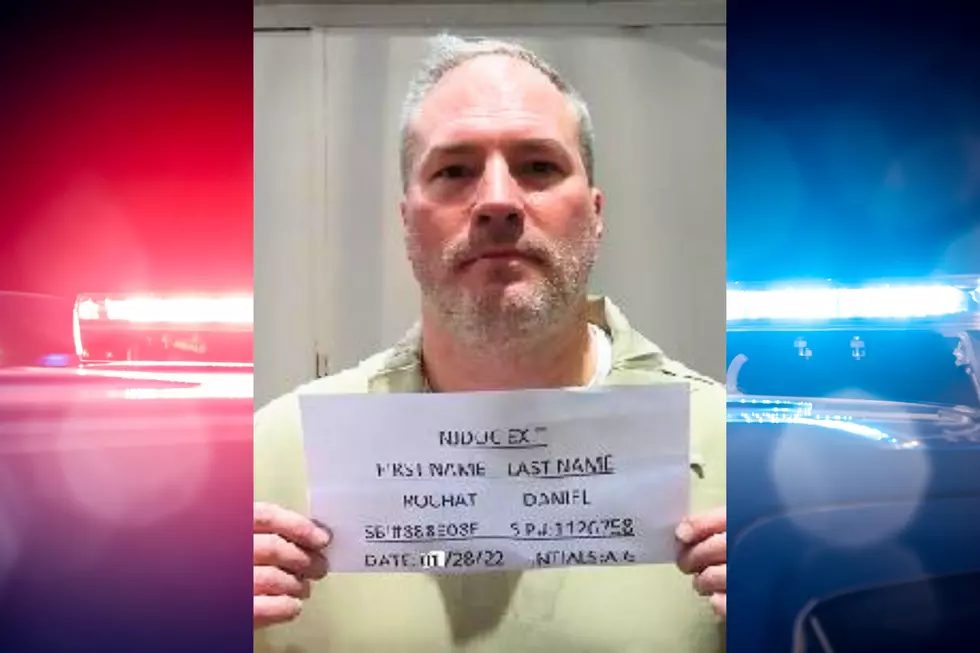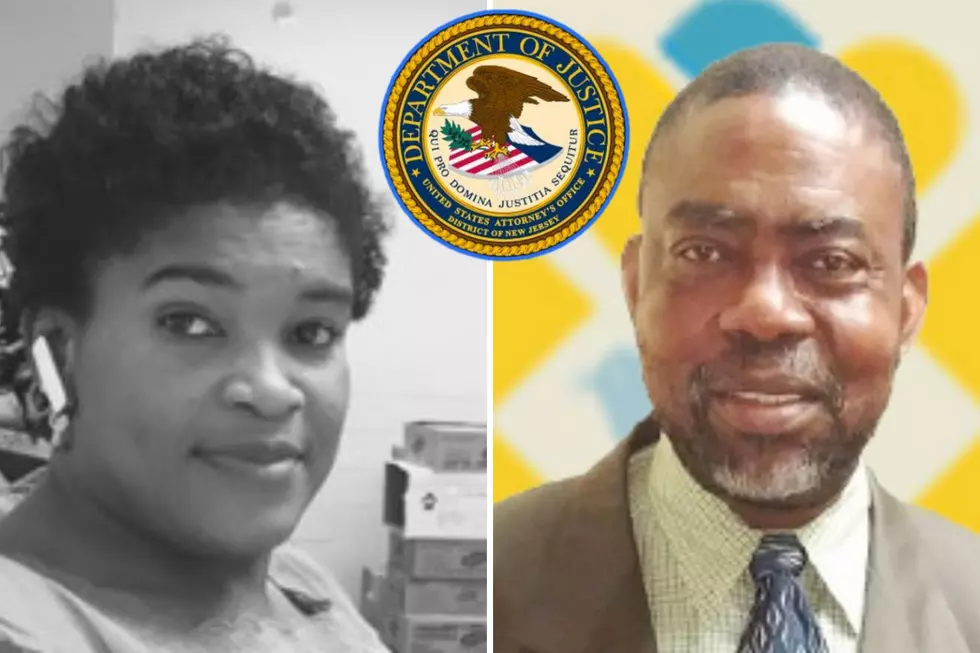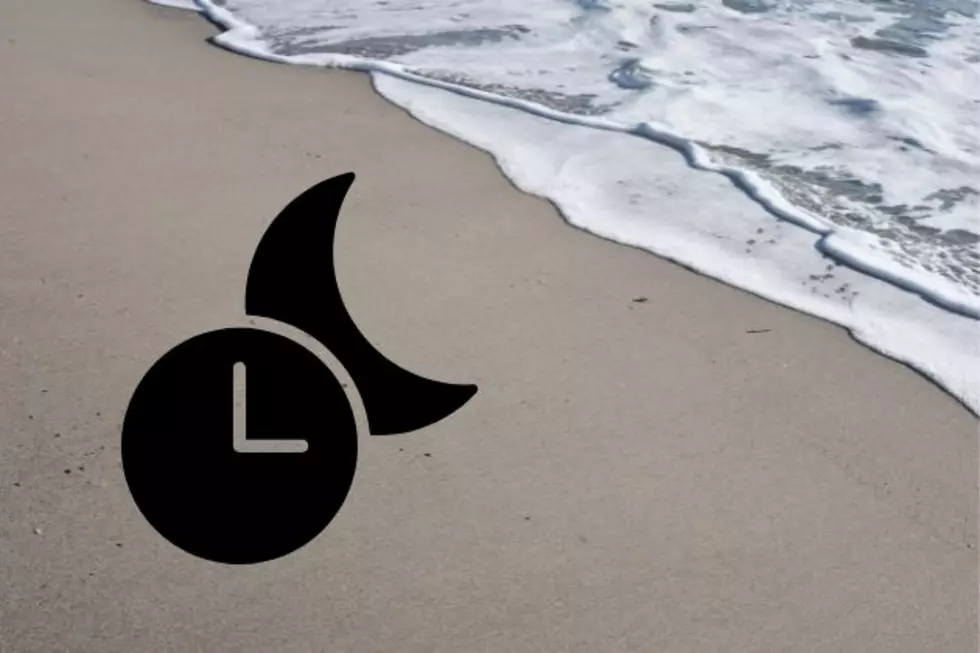‘No excuse’ for all these DWI deaths in New Jersey
New data from the National Highway Transportation Safety Administration shows 137 people in New Jersey died in drunk-driving crashes last year — up from 108 fatalities in 2015.
That's a stunning increase of 27 percent — though it's coming off an abnormally low 2015.
Nationally, the increase was 1.7 percent, a total of 10,497 fatalities in 2016 compared to 10,320 the previous year.
According to Frank Harris, the director of state government affairs for Mothers Against Drunk Driving, the 137 total is unacceptable.
“People think the fight against drunk driving is pretty much won. It’s not, and this increase in drunk driving deaths in New Jersey is a reminder of that,” he said. “People need to remember to plan ahead, designate a sober driver, don’t drive drunk, find some other way to get home after a night of drinking.”
He noted MADD is not a prohibitionist organization — it doesn't ask people not to drink, only to be smart when they do.
Harris said with companies like Uber and Lyft becoming more and more popular “there’s no excuse to drive drunk in 2017. This is a 100 percent preventable violent crime.”
He noted there are highly publicized sobriety checkpoints set up in New Jersey at least twice a year, as well saturation patrols.
“Law enforcement is out there but people need to be vigilant and not drive drunk,” he said.
Harris added MADD is hoping a new ignition interlock DWI law is enacted next year in New Jersey.
In 2015, Gov. Chris Christie Conditionally vetoed a measure that would have done away with mandatory suspensions of driver licenses for first-time DWI offenders — trading it for mandatory interlock devices.
Christie instead proposed requiring both a suspension and an interlock device once a driver gets a license back.
Harris said the measure, supported by MADD, was perceived as weakening the law because it would have allowed many first time offenders to drive legally within 10 days of a DWI conviction.
The device requires the driver to breath into a tube to prove sobriety in order for a vehicle to start.
“These are effective devices that are not being used in New Jersey because they’re only required for repeat offenders and first-time offenders who have a blood alcohol level of .15, or twice the legal level,” he said. “There’s a mindset if you don’t take away the license of a drunk driver you’re being weak on them, and that’s not the case.”
Harris stressed “being weak on drunk drivers is doing what New Jersey is currently doing, which is just hoping drunk drivers don’t drive drunk on a suspended license, but the truth of the matter is, up to 75 percent of drunk drivers will drive on a suspended license.”
Harris noted the number of drunk driving deaths in New Jersey in 2015 was abnormally low, and the number last year was a return to a recent trend since 2008 of about 150 alcohol related fatalities a year.
More from New Jersey 101.5:
You can contact reporter David Matthau at David.Matthau@townsquaremedia.com
More From New Jersey 101.5 FM








